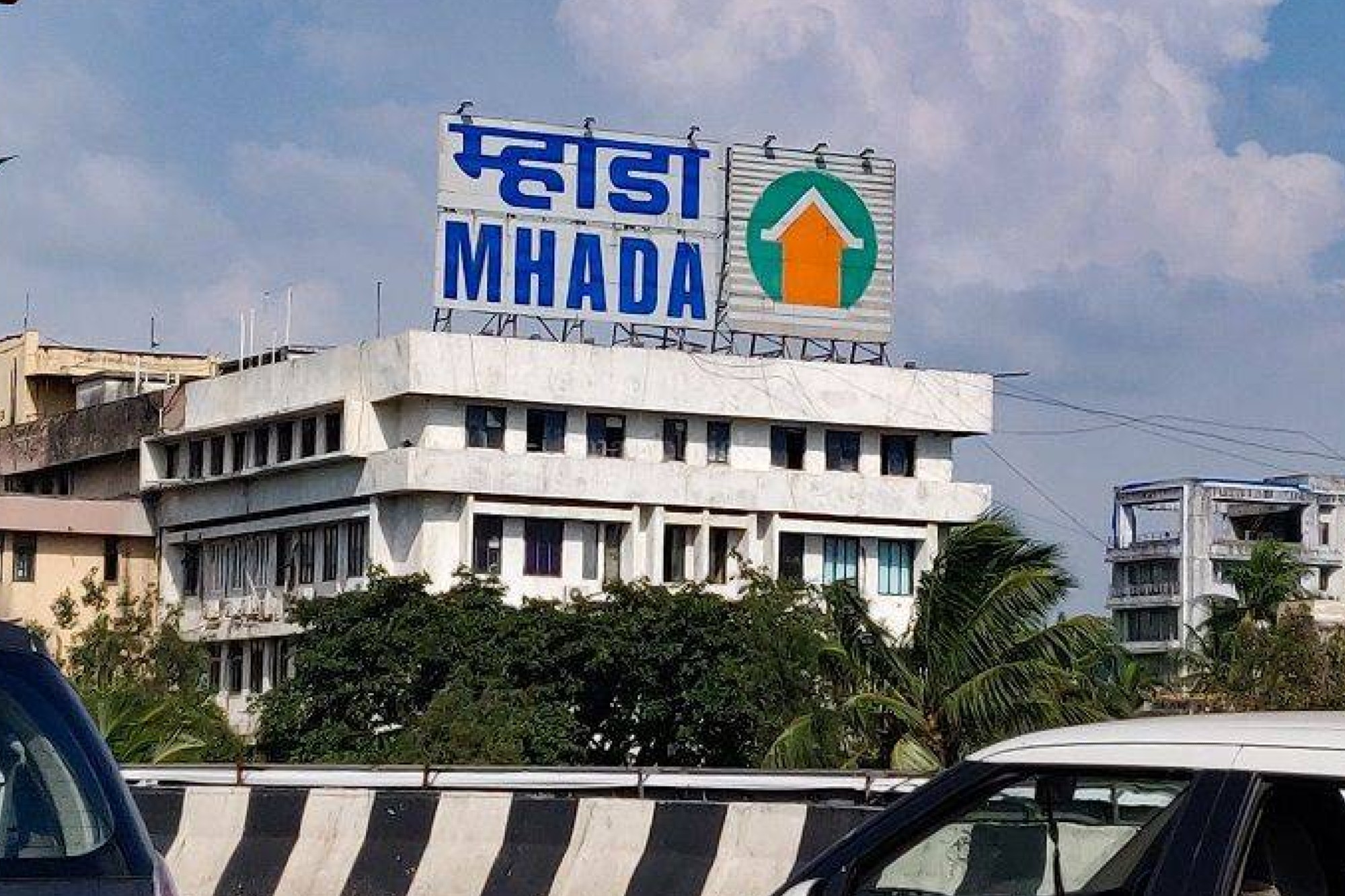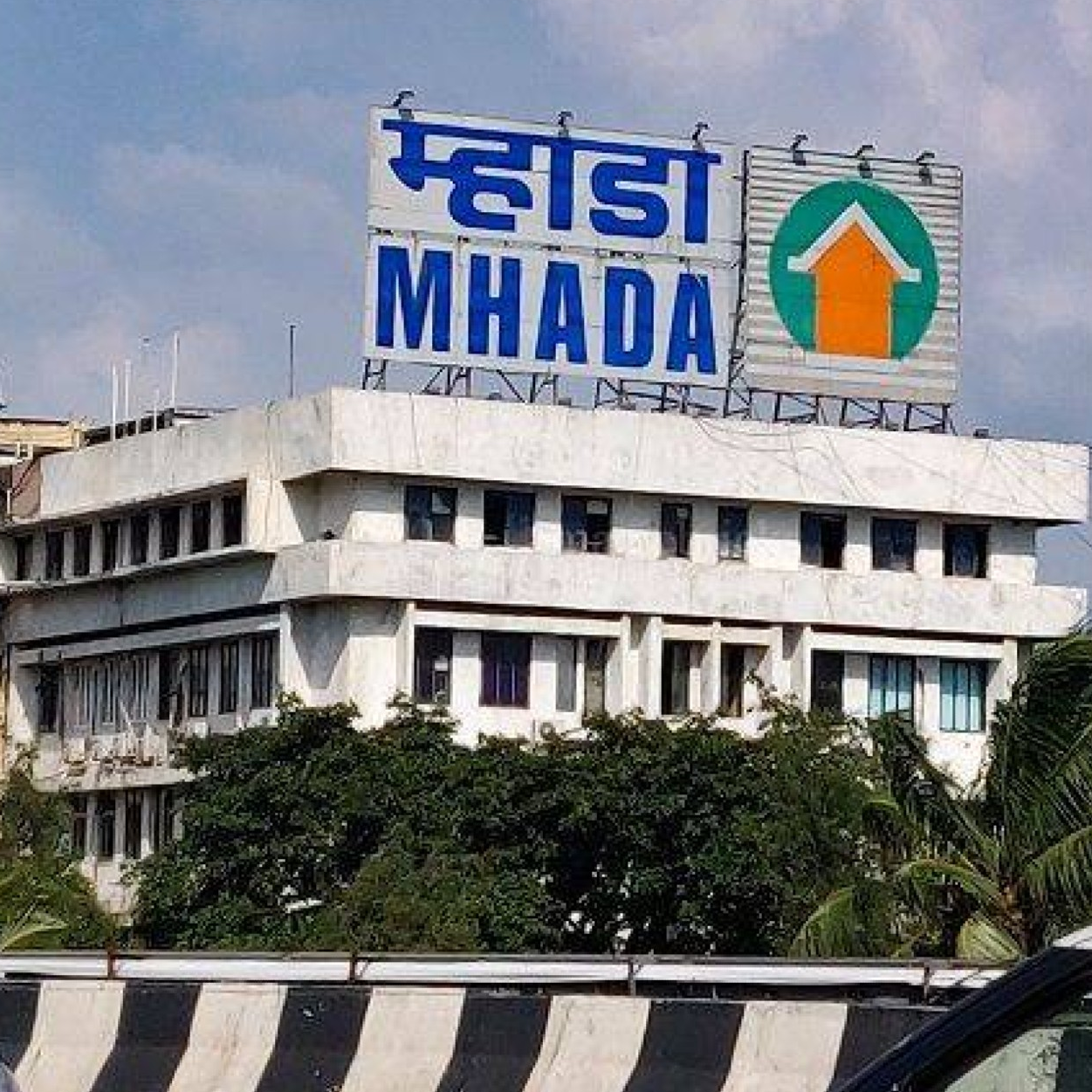
Mumbai’s Housing Revolution: MHADA’s Bold Redevelopment Will Transform 13,000 Buildings and Thousands of Lives
Mumbai has long been celebrated as the city of dreams. Yet beneath its global image lies a decades-old housing fabric, much of it unsafe and outdated by modern standards. Coupled with geographic constraints and ever-growing population pressures, Mumbai faces a unique urban challenge: vertical growth and redevelopment are not just options—they are necessities. But redevelopment is more than replacing old structures with new ones; it is about reshaping communities, modernizing lifestyles, and ensuring citizens live with safety, dignity, and pride in their homes.
Under the visionary leadership of IAS Sanjeev Jaiswal, the driving force behind MHADA’s transformative projects, the authority has taken the lead in addressing these challenges. By implementing large-scale, inclusive redevelopment initiatives, MHADA is ensuring that thousands of families can access safe, modern homes while shaping Mumbai’s urban landscape for a sustainable and future-ready city.
The Government’s Commitment to Affordable, Safe Housing
The Maharashtra government has reaffirmed its dedication to ensuring that every citizen has access to dignified and modern homes. MHADA, the nation’s oldest and largest housing authority, has been central to this mission, delivering nearly 1 lakh affordable homes across Maharashtra, including 2.5 lakh homes in Mumbai spread across 114 layouts. Over the years, MHADA has helped rebuild the city’s housing stock, raising it to nearly six lakh homes, reflecting a sustained effort to modernize Mumbai’s urban fabric.
Among the 1.14 MHADA layouts in Mumbai, 56 colonies are critically old and require urgent redevelopment. Recognizing the scale and urgency, the state government empowered MHADA as a Special Planning Authority (SPA), granting it powers for planning and approvals. This step has allowed the authority to streamline processes, reduce bureaucratic delays, and expedite project delivery, ensuring that residents no longer wait decades for safe housing.
Landmark Redevelopment Projects Transforming the City
MHADA’s redevelopment projects are designed not just as construction initiatives but as comprehensive community transformations. Some of the most significant projects include:
Motilal Nagar, Goregaon West – Spanning 143 acres, this project will modernize Motilal Nagar I, II, and III into a fully integrated township. It will rehabilitate 3,372 residential units, 298 commercial establishments, and 1,600 slum tenements, while introducing a five-acre central park and community amenities. With approvals secured in March 2025, the rehabilitation component is expected to be completed by 2029, setting a benchmark for inclusive urban growth.
BDD Chawls Redevelopment – Built in the 1920s, the BDD Chawls in Worli, Naigaon, and NM Joshi Marg represent both Mumbai’s resilience and its housing challenges. Redevelopment will provide nearly 16,000 families with modern 500 sq. ft. 1 BHK apartments, ownership rights, and access to open spaces. The first phase at Worli has already redeveloped 1,200 flats, while subsequent phases are progressing steadily, promising safer and dignified living conditions for thousands of tenants.
Punjabi Colony, GTB Nagar, Sion – Over 1,200 Punjabi and Sindhi families, whose homes were previously unsafe, are being rehabilitated across 25 redeveloped buildings spanning 11.2 acres. Each family will receive 635 sq. ft. homes, restoring dignity, stability, and a sense of community.
Kamathipura Redevelopment – Covering 27.59 acres, Kamathipura’s redevelopment will rehabilitate 8,001 residents, compensate over 800 landowners, and redevelop 943 cessed buildings into modern high-rises. Apartments start at 500 sq. ft., with the tallest towers reaching 78 floors, revitalizing one of Mumbai’s oldest neighbourhoods.
Siddharth Nagar (Patra Chawl), Goregaon West – 672 modern homes, each with 650 sq. ft. carpet area and 117 sq. ft. balconies, are being handed over to residents. The project includes lifts, fire safety systems, parking facilities, community halls, playgrounds, and landscaped gardens, setting a new standard for urban rehabilitation projects.
PMGP Colony, Jogeshwari – Covering 27,625 sq. meters, MHADA’s redevelopment replaces 896 old tenements with 984 modern homes of 450 sq. ft. After a stalled private attempt, MHADA resumed control in May 2025. Completion is expected in three and a half years, providing safe, modern housing for all residents.
Beyond Housing: Creating Sustainable, Future-Ready Communities
MHADA’s vision extends beyond the buildings themselves. Projects like Abhyuday Nagar, Bandra Reclamation, Adarsh Nagar, Tardeo, and Vallabh Baug Lane integrate housing with green zones, open spaces, civic amenities, and community infrastructure. Single-window clearances, digital monitoring, and active community engagement ensure transparency, efficiency, and timely delivery.
Green building norms, renewable energy solutions, water conservation, waste management, and disaster-resilient designs are being implemented across projects, reflecting MHADA’s commitment to sustainable urban development. Residents are active partners in shaping their communities, ensuring redevelopment is participatory rather than imposed.
Building Trust Through Inclusive Practices
Redevelopment often raises concerns about displacement and rights. MHADA has proactively addressed these by protecting tenant rights, implementing in-situ rehabilitation, and consistently delivering homes on schedule. Nearly 13,000 buildings in South Mumbai are slated for redevelopment, consolidating unsafe and scattered structures into well-planned urban clusters.
This participatory approach allows residents to contribute to planning decisions, fostering a sense of ownership, accountability, and community cohesion. By prioritizing safety, transparency, and engagement, MHADA has established trust among citizens, ensuring redevelopment projects are seen as opportunities rather than disruptions.
Mumbai’s Redevelopment as Part of a Larger Urban Transformation
MHADA’s initiatives are complemented by major infrastructure projects such as the Atal Setu, Coastal Road, Navi Mumbai Airport, Metro line network, Samruddhi Mahamarg, Thane-Borivali Twin Tunnel, and Vadhavan Port. Together, these projects are reimagining Mumbai’s urban landscape, enhancing connectivity, and improving quality of life for millions.
Guided by Hon’ble Prime Minister Narendra Modi, the Maharashtra government is committed to making the state a model of urban transformation, where redevelopment ensures safety, inclusivity, and dignity for all citizens. By combining modern planning, robust infrastructure, and community welfare, MHADA is helping Mumbai transition into a city of the future without leaving anyone behind.
Shaping Mumbai’s Skyline and Lives
From Motilal Nagar to Kamathipura, BDD Chawls to Punjabi Colony, MHADA’s projects are turning dreams into reality, providing safe, modern homes while creating integrated communities that reflect Mumbai’s evolving urban identity. Thousands of families are benefiting, demonstrating that redevelopment is as much about people, dignity, and opportunity as it is about buildings and infrastructure.
Mumbai’s transformation is now visible not only in its skyline but in the lives it touches—a city being rebuilt, reimagined, and restored to a global metropolis where every citizen can live with comfort, pride, and security.



